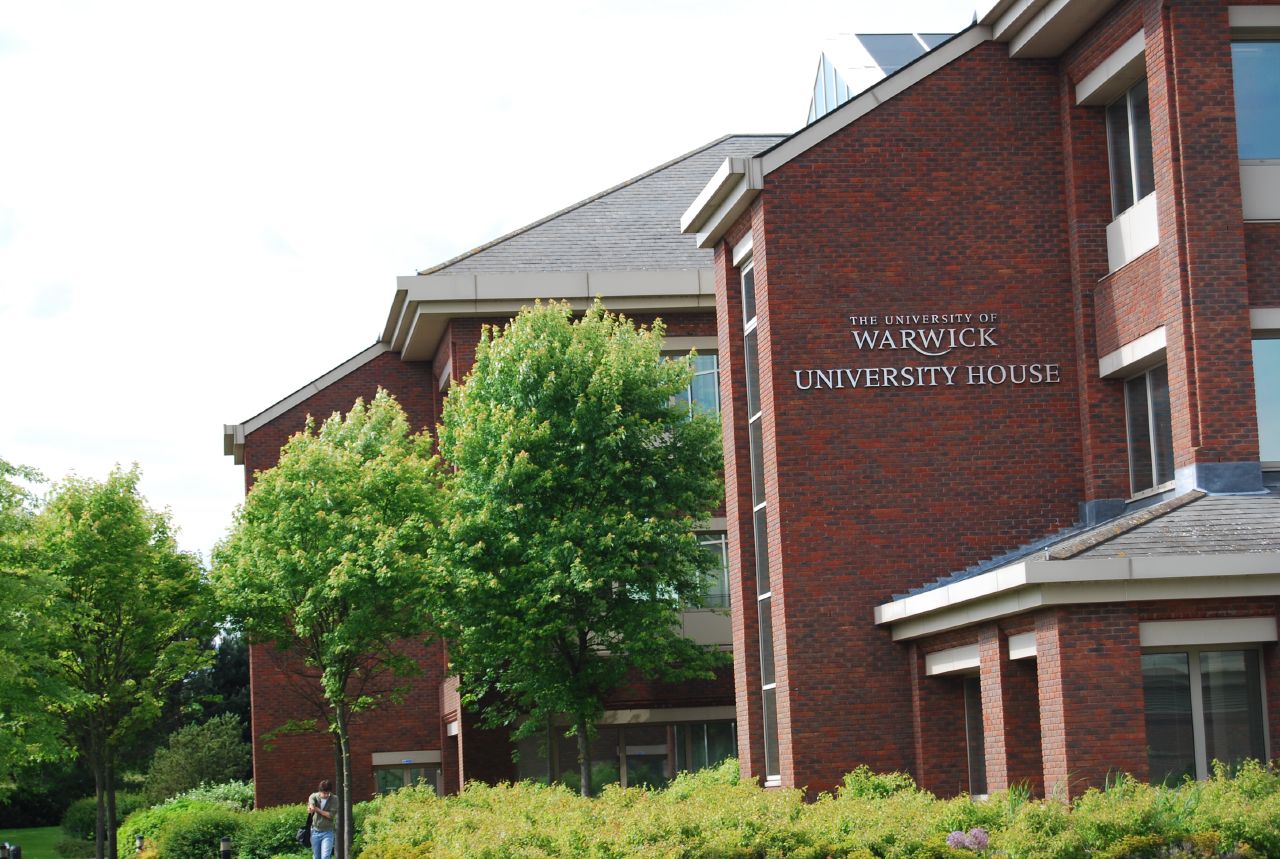6 Things Warwick University’s New Temp Agency Tells Us About Academic Precarity
by John Murray
10 April 2015

Warwick University is to start trialling a new way of employing hourly paid staff. The ‘Teach Higher’ scheme has been met with strong opposition by both staff and students so far – but what does it tell us about academic precarity today?
1. We should get used to the idea of ‘internal outsourcing’.
Precarious work within higher education (HE) is likely to be increasingly channelled through obscure internal mechanisms which aim to confuse, misdirect, and obscure.
Teach Higher itself is part of Warwick Employment Group, which is made up of a number of subsidiary companies and their brands, all owned by Warwick University. This means that it is internally run, funded and controlled – but also retains a complex form of autonomy which allows the creation of plausible deniability. It is interior when it suits managers, exterior when it doesn’t.
This means the university then essentially owns its own outsourcing firm, whilst also allowing Warwick management to make the absurd claim that Teach Higher is an academic department like any other.
@NotRightRuth @MelleKromhout @berrydm no it is set up as a full academic services department just like any other
— Peter Dunn (@PeterJDunn) April 4, 2015
For these reason it is precisely not an academic department. Teach Higher is an internal company designed to introduce a new form of relation between employer and employee in order to enforce precarious conditions and lower teaching costs. In other words, internal outsourcing.
‘Outsourcing’ is a term the university seem terrified by: they insist again and again that this is not outsourcing at all. Perhaps this is all the more reason for campaigners to press on with this analysis.
2. Say goodbye to your contract!
Teach Higher will not be directly employing anyone. Instead, academics will be given the chance as ‘candidates’ to enter into a ‘contract of service’ for each ‘assignment’. This is a movement towards an assignment model; an extreme form of precarious labour. Staff will literally be denied the right to any formal employment, and can be dismissed at any time, for any reason. Not only will they lose the legal rights of an employee, the terms and conditions (now removed from the website) make it brutally obvious that staff will be totally disempowered: “Teach Higher may terminate this Agreement and Teach Higher or the Client may terminate any Assignment at any time without prior notice or liability.”
Most noteworthy line: “may terminate any assignment at any time without prior notice or liability.” Total precarity #TeachHigher
— WFFE (@WarwickFreeEd) April 8, 2015
This is not only a way of driving down teaching costs – it is also a disciplinary tool. Members of staff working for Unitemps (another Warwick wholly owned subsidiary aimed at employing precarious students to undertake temporary work for conferences and retail outlets) have had their assignments terminated because they participated in strike action. If successful, Teach Higher will enable this kind of labour discipline on a much larger scale.
3. This is an expanding business model.
Warwick has long had the dubious privilege of being a laboratory for managerial experiments. Ever since E.P. Thompson was lamenting the rise of the business university in Warwick University Ltd., Warwick have been striving to be the most nefarious purveyors of neoliberal marketization in the sector.
The student internal outsourcer, Unitemps, has already been exported to 13 other UK locations. Minutes from a 2014 meeting suggest that Warwick intends to do the same with Teach Higher, and actively take on the role of outsourcing other universities’ teaching in order to fulfil the “aspiration to operate as a commercial franchise.” If the Warwick campaign against Teach Higher fails, we can expect it to be seen on other campuses before long.
4. Service provision is being used as compensation.
In return for accepting an attack on their working conditions, Warwick’s precariat are being offered the chance to invest in their human capital. They can access resources to help their Continuing Personal Development (CPD), and expand their CV in the process.
In short, the hope of one day possible escaping precarity is being leveraged as a way of binding staff to the very structures which make them precarious.
5. Our own demands are being sold back to us.
Warwick postgraduates and Warwick SU have been demanding parity in pay and conditions across departments for per a year. Teach Higher makes much fanfare of offering this parity – but in a way which totally undermines the fundamental assumptions of that demand: rather than a universal hourly paid contract, it is premised on the universal liquidation of the contract system.
6. Compromise is dead.
The University of Warwick is evidence of a growing trend amongst UK universities. The social democratic university ideal of institutions where everyone shares common goals, common commitment and participated in collective processes of education as guided by democratic structures is very, very dead.
Instead, democracy has been systematically killed off, and there is an increasingly confrontational and repressive approach to dissent. The kettling of students in 2010 and Birmingham University’s vindictive campaign of repression against dissenting students was only the first indication of this sea change. The mediation and negotiation of different interests has been abandoned, and any attempt to force concessions from managerial overlords has led to prolonged antagonism.
We cannot just imagine our way out of this situation. Any progress will rely on making collective interventions in the relations and forces which structure the university.
We are increasingly seeing a polarisation in university life: it’s the yobs versus the managers